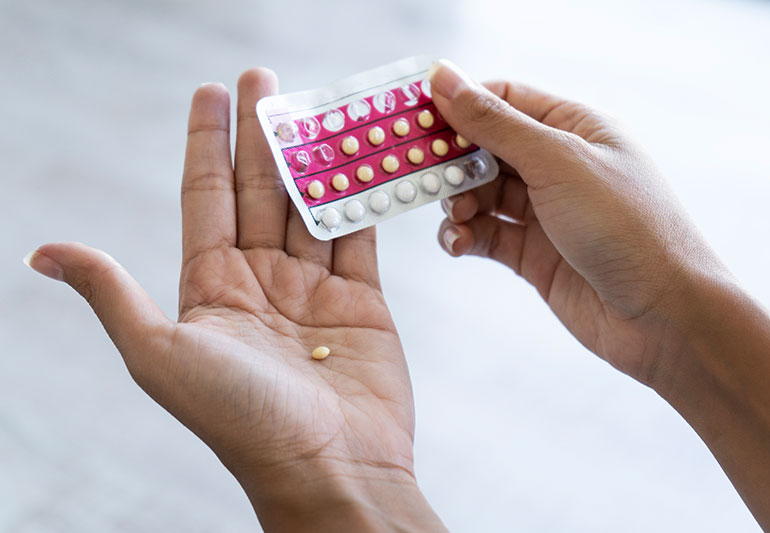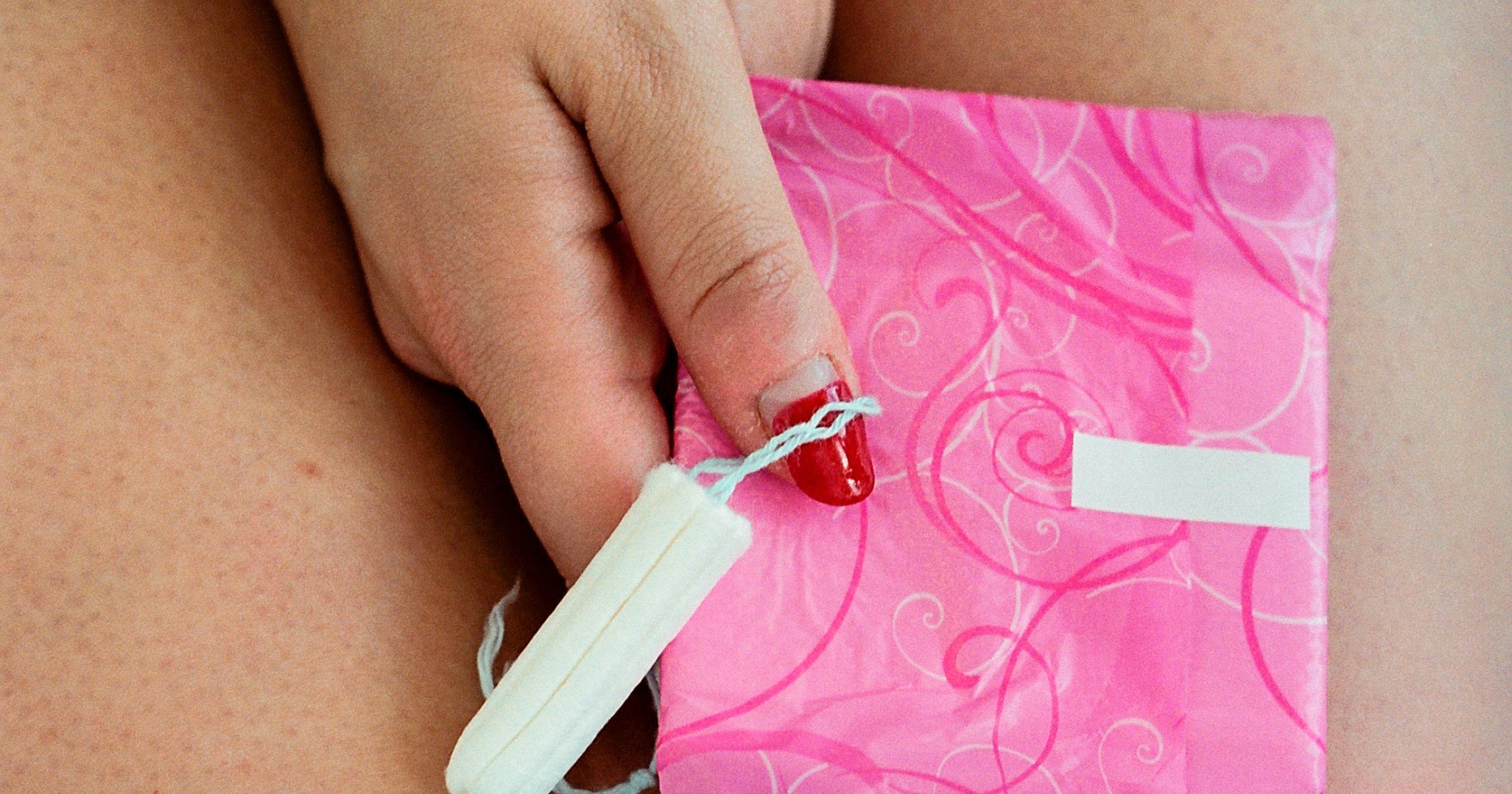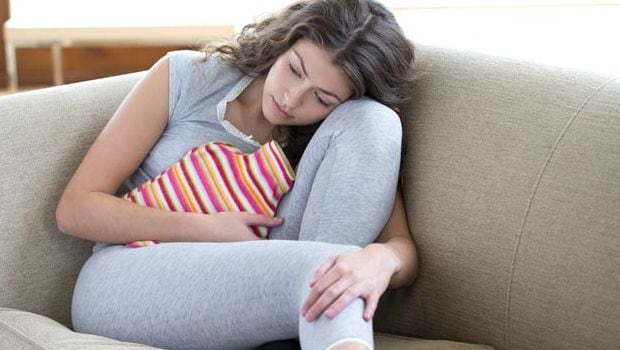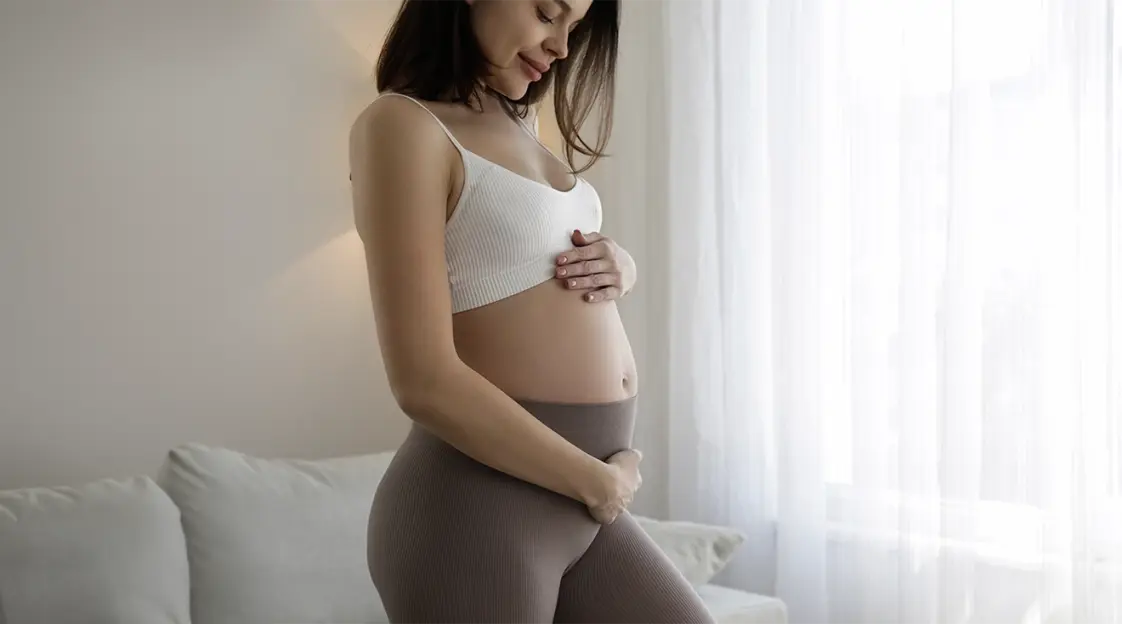Seeking ways to shorten the menstrual cycle often stems from the desire for convenience, comfort, or relief from period-related discomfort. While it’s challenging to drastically alter the natural duration of a period, certain methods may help manage or slightly expedite the process. This blog post looks into various approaches and remedies that might influence menstrual flow and duration, offering insights into their effectiveness and safety for those looking to potentially end their period in 2 days.

Contents
How To End Period In 2 Days?
Want to wrap up your period quickly? Here are some methods to help you shorten your cycle to just two days::
1. Hormonal Birth Control
Pills, patches, or rings: These can sometimes be used in specific ways to skip periods or reduce the frequency of periods under the guidance of a healthcare provider. However, they won’t stop a period immediately once it has started.
2. Nonsteroidal Anti-inflammatory Drugs (NSAIDs)
Ibuprofen or naproxen: Taking NSAIDs can reduce menstrual flow and help with cramps. They work best when taken at the first sign of your period and continued for a few days as directed.

3. Healthy Lifestyle
Hydration and diet: Staying hydrated and eating a balanced diet rich in fruits, vegetables, and lean proteins can help reduce bloating and discomfort during your period.
4. Herbal Remedies
Certain teas and supplements: Raspberry leaf tea, ginger tea, and other natural supplements are believed to help with menstrual discomfort. However, their effect on shortening periods is anecdotal and not scientifically proven.
5. Regular Exercise
Light to moderate exercise: Regular physical activity can help reduce period length and alleviate symptoms for some people due to improved blood flow and the release of endorphins.
6. Endometrial Ablation
For those who have completed childbearing: This is a medical procedure that destroys the lining of the uterus. It can significantly reduce menstrual flow or stop it entirely in some cases, but it’s a permanent, non-reversible option intended for specific medical conditions.
Is It Safe To Make Your Period End Faster?
Trying to make your period end faster involves intervening in your body’s natural menstrual cycle, which can carry certain risks and considerations. The safety of attempting to shorten your period depends on the methods used and your health circumstances. Here are key points to consider regarding the safety of various approaches:

1. Hormonal Birth Control
Safety: Generally safe when prescribed and monitored by a healthcare provider. Hormonal birth control can alter the menstrual cycle, potentially making periods shorter or lighter.
Considerations: There can be side effects, such as nausea, weight gain, or increased risk of certain health conditions.
2. Nonsteroidal Anti-inflammatory Drugs (NSAIDs)
Safety: Safe for short-term use in most individuals when taken as directed. NSAIDs can reduce menstrual flow and alleviate pain.
Considerations: Long-term use or high doses can lead to gastrointestinal issues, kidney damage, or other side effects.
3. Lifestyle Changes
Diet, hydration, and exercise: Generally safe and can contribute to overall wellness and potentially milder menstrual symptoms.
Considerations: Extreme dieting or excessive exercise can disrupt menstrual cycles and is not recommended.
4. Herbal Remedies and Supplements
Safety: The safety of herbal remedies and supplements can vary widely. Some may offer relief from menstrual symptoms.
Considerations: Lack of regulation and potential interactions with medications or conditions mean it’s important to consult with a healthcare provider before starting any supplement.
5. Medical Procedures
Endometrial Ablation and Uterine Artery Embolization: These are more drastic measures that can reduce menstrual flow or stop periods, primarily used for specific medical conditions.

Considerations: These procedures have significant risks and long-term implications, including affecting fertility, and are not suitable for everyone.
Who Shouldn’t Stop A Period?
When it comes to altering your menstrual cycle, certain individuals should exercise caution before attempting to end their period early. Here’s who should avoid stopping their period:
- Young Girls: It’s important for adolescent girls to allow their bodies to regulate naturally without interference to ensure healthy development.
- Pregnant Women: Expectant mothers should not try to end their period, as it could pose risks to both the mother and the unborn child.

- Women with Hormonal Imbalances: Those with underlying hormonal issues should consult a healthcare provider before attempting to stop their period to avoid exacerbating their condition.
- Individuals with Certain Medical Conditions: People with specific medical conditions such as endometriosis or polycystic ovary syndrome (PCOS) should seek medical advice before altering their menstrual cycle.
- Those Taking Specific Medications: Individuals on certain medications may experience adverse effects or interactions if they try to stop their period prematurely.
Frequently Asked Questions
Who should avoid stopping their period?
Young girls, pregnant women, individuals with hormonal imbalances, those with medical conditions like endometriosis or PCOS, and individuals on specific medications should consult a healthcare provider before attempting to stop their period.
Is it safe to stop your period early?
Stopping your period early can have risks and side effects, so it is essential to consult with a healthcare provider before attempting to alter your menstrual cycle.
How can I safely alter my menstrual cycle?
Consult with a healthcare provider to explore safe options for altering your menstrual cycle based on your individual health needs and circumstances.
Can I stop my period without any side effects?
While some methods can help delay or shorten your period, they may come with side effects, so it is crucial to seek professional guidance before trying to stop your period.
What is the importance of prioritizing health when considering period alterations?
Prioritizing health when making decisions about menstrual cycle alterations is crucial to avoid potential health risks and ensure overall well-being.
I am a medical student with experience and interest in Women’s health and well-being.